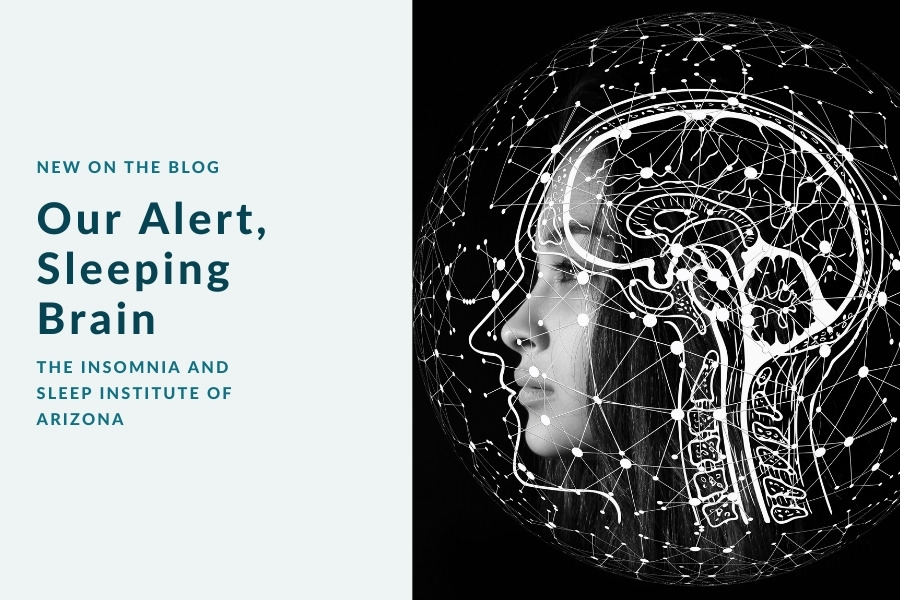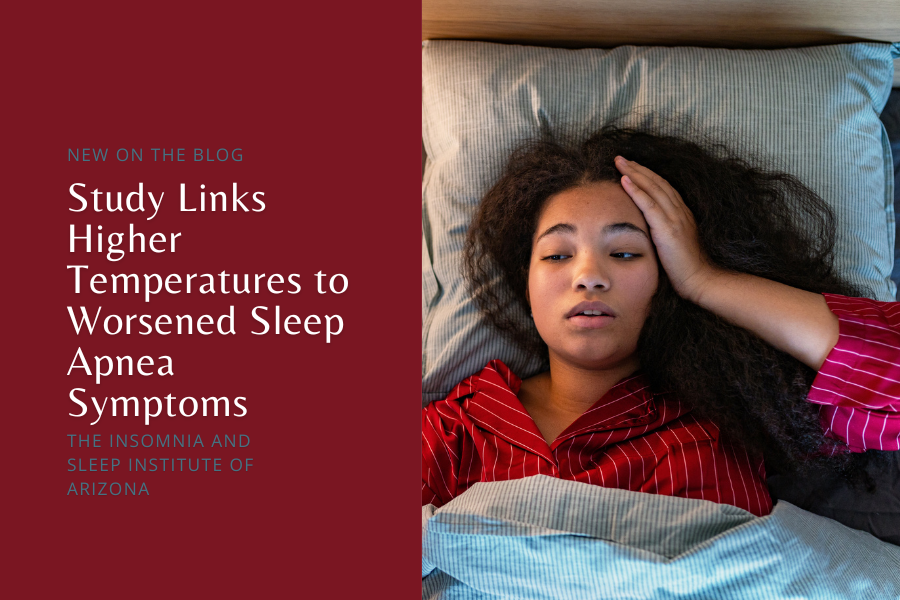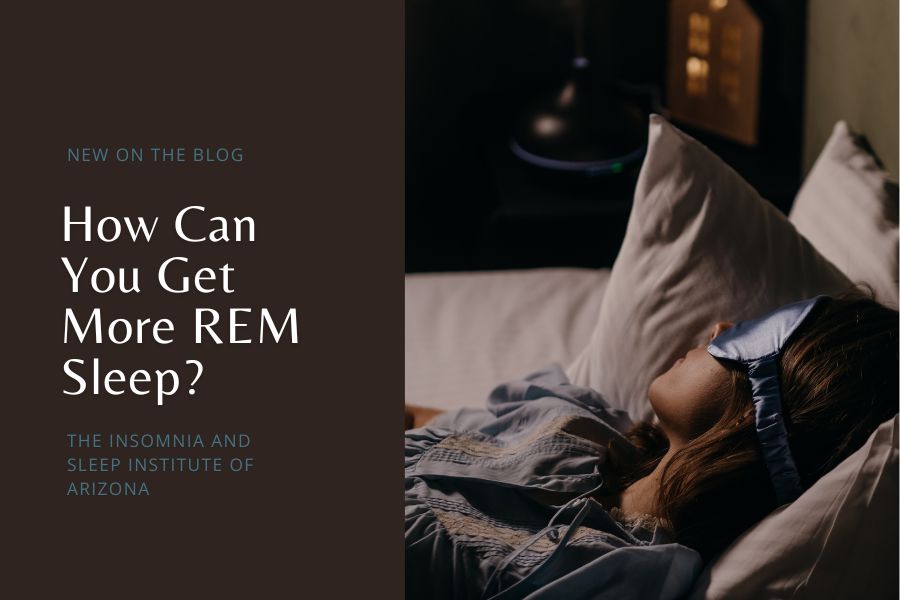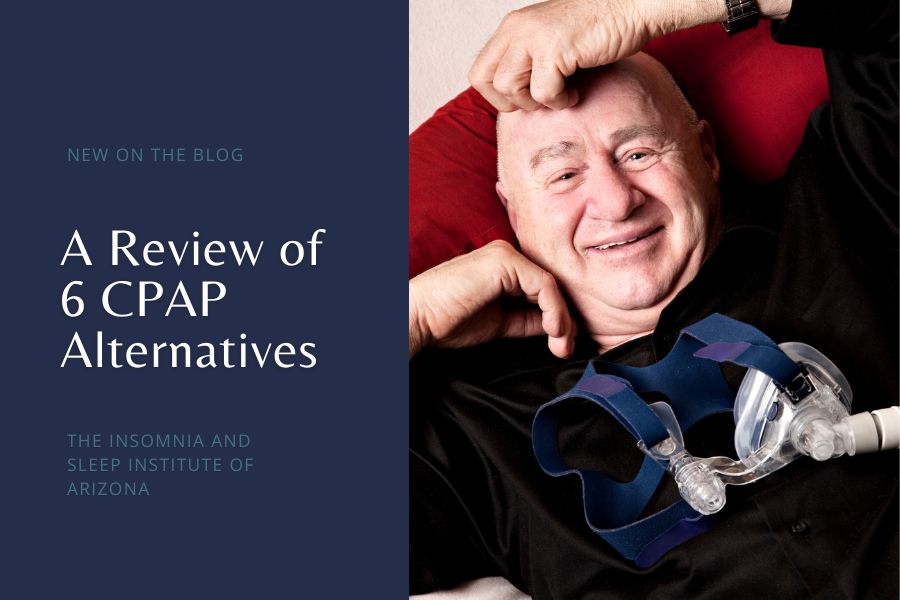What is the connection between sleep and brain health? Quite a bit, with one recent study revealing how hyper-alert the brain is to unfamiliar sounds and voices while you’re asleep. At The Insomnia and Sleep Institute of Arizona, we are dedicated to helping you achieve the best sleep possible, and that requires expertise from all facets of sleep—including brain activity and health. In fact, there are sleep disorders directly tied to brain activity, such as central sleep apnea (CSA), the less common type of apnea. As the “Face of Sleep Medicine” in Phoenix, we are an outcome-driven facility led by Physician Director and triple board-certified sleep specialist Dr. Ruchir P. Patel, who also serves as the Board President of Maricopa County Medical Society. Every consultation is with a sleep specialist at The Insomnia and Sleep Institute so you can get the testing and treatment you need.
You may know that sharks swim while they sleep or have spotted a duck sleeping with one eye open. Many animals “sleep” with half of the brain still awake, also called uni-hemispheric sleep. This allows creatures to keep alert for predators while simultaneously getting their necessary rest. It turns out that the human brain does something similar, monitoring surroundings at all times including during sleep cycles. However, since we (typically) sleep with both eyes closed, the brain has to rely on hearing to assess for potentially dangerous cues.
Don’t Sleep on Your Safety
We are animals, after all, so it should be no surprise that our bodies and brains act like those of other animals. In order for the human brain to keep us safe while also getting the rest we need, a careful balancing act is required. This means our brain “suppresses” harmless sounds according to recent research, such as rainfall or our bedmate rolling over. However, a dangerous sound—also known as an unfamiliar one—will alert us to wake up. This is one reason why it’s often so difficult to sleep in new surroundings with new sounds (and why white noise machines that are travel-friendly can be an excellent part of our sleep hygiene).
You can find out more about this study in the Journal of Neuroscience, where researchers from Austria’s University of Salzburg worked with 17 participants who took part in a sleep lab study. During sleep, the authors recorded the electric activity in the brain using electroencephalography (EEG). Various audio clips were played throughout the night softly enough to not wake participants by volume alone. A voice said names of people (including participant names), but the voice included family, friends, and sometimes strangers.
The Brain Game
The brain responded differently to familiar and unfamiliar voices. The two key brain responses that changed included micro-arousals and K-complexes. K-complexes are sharp waves that persist for about one second on the EEG. Our brain can generate these responses spontaneously, but they usually happen after an external disturbance (a similar response has been recorded if somebody touches you while you’re asleep). It is thought that the purpose of K-complexes is to let you keep sleeping if a disturbance is deemed as safe. However, during the study, more K-complexes were triggered if the audio was an unfamiliar voice, which is the brain’s attempt to wake up sleepers in case of a dangerous situation.
The researchers note that, interestingly, the number of K-complexes reduced throughout the night as the sleepers got “used” to the unfamiliar voices. Those unfamiliar voices also kick-started more micro-arousals compared to familiar voices, with micro-arousals being a normal part of sleep. They presented in the EEG as a blend of wake and sleep brain activity. Similar to K-complexes, they can happen on their own or as a trigger from outside disturbances. These arousals can last for many seconds, but don’t usually wake someone up.
Sleeping Soundly
This study, while small, highlights just part of the brain-sleep connection. A common sleep condition, insomnia, can often be treated via cognitive behavior therapy (CBT-I), which often includes changes to sleep hygiene. Knowing that our brain is always working to keep us safe, even while we’re asleep, can help us develop ways of ensuring our sleep space is secure—while also reassuring our brain. If you or your child struggles with any sleep disorder, the first step is seeing a sleep specialist. Contact The Insomnia and Sleep Institute today by completing the online contact form.








